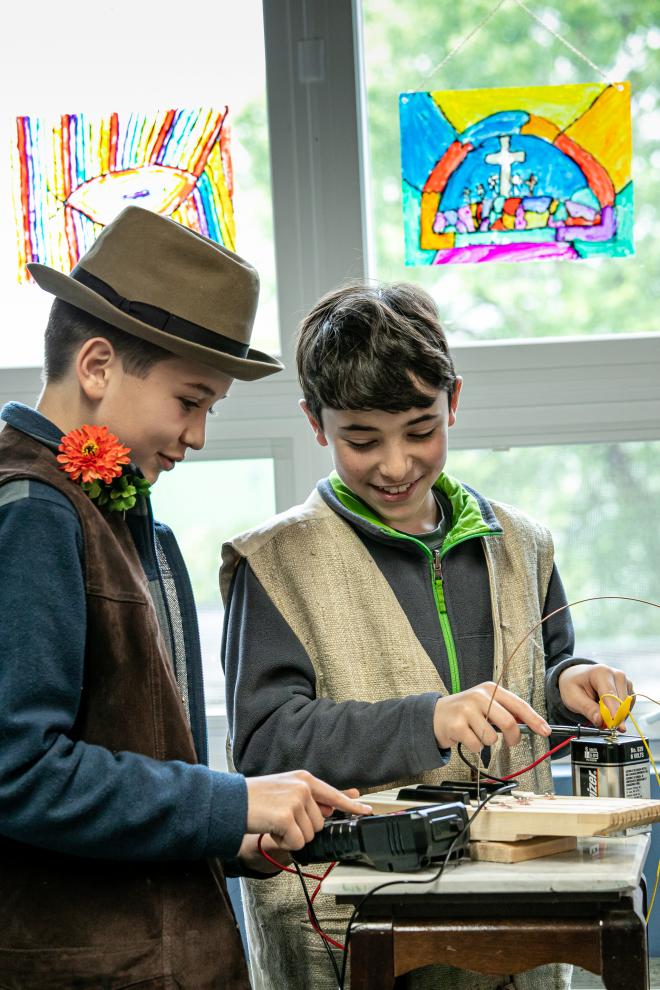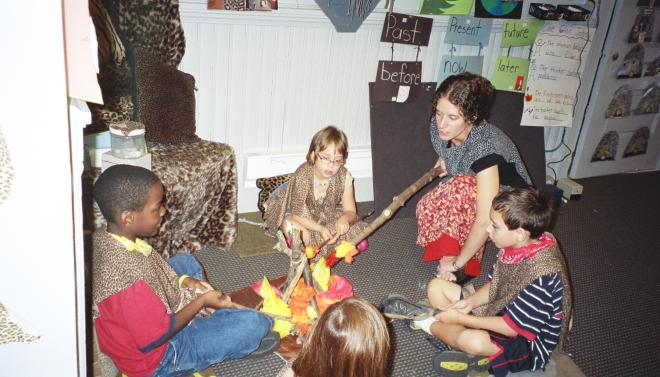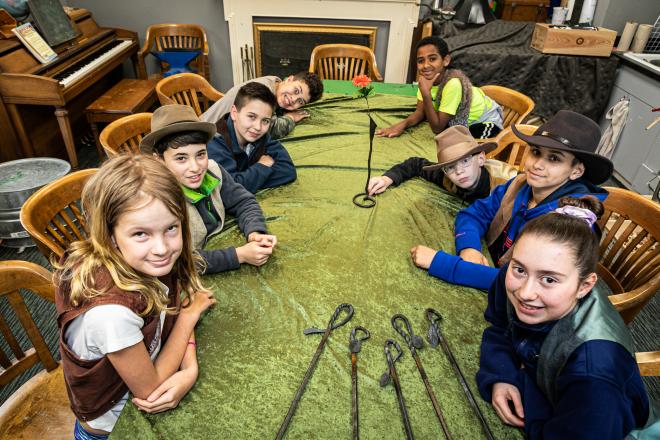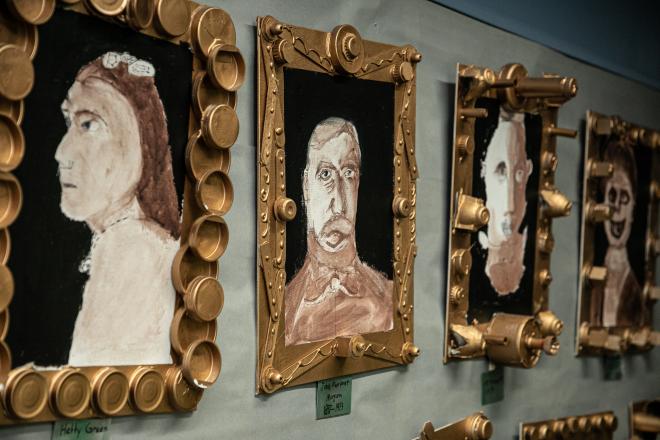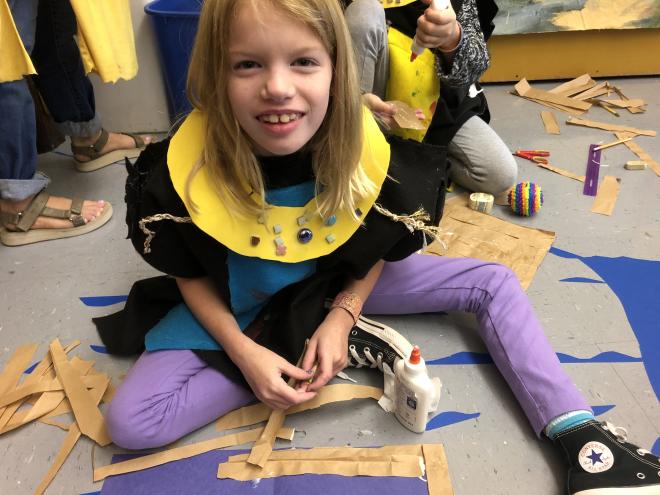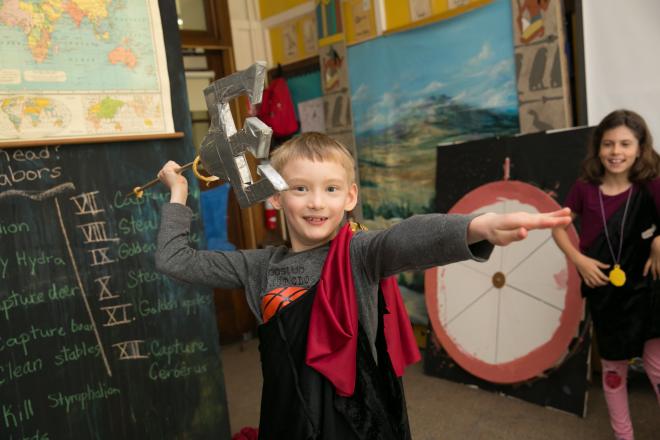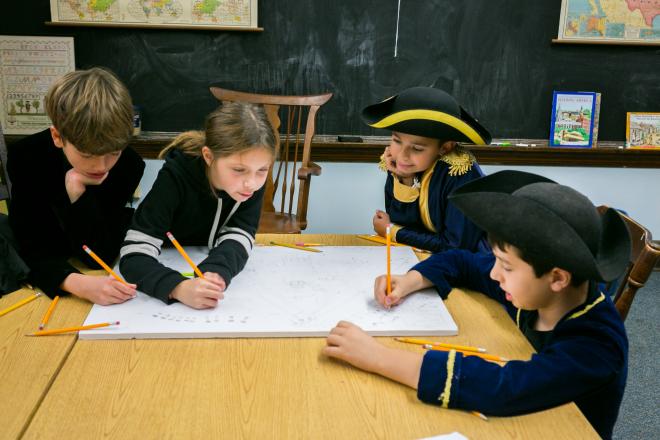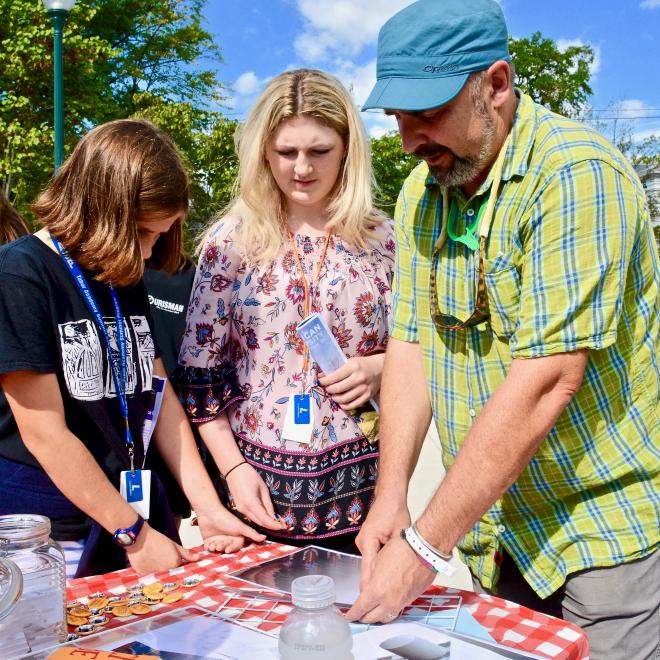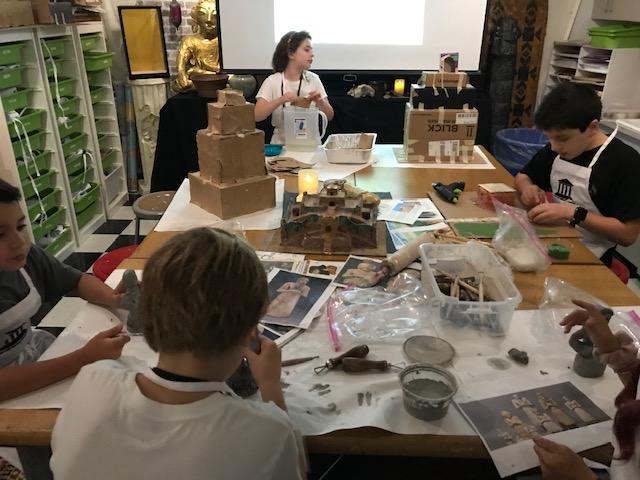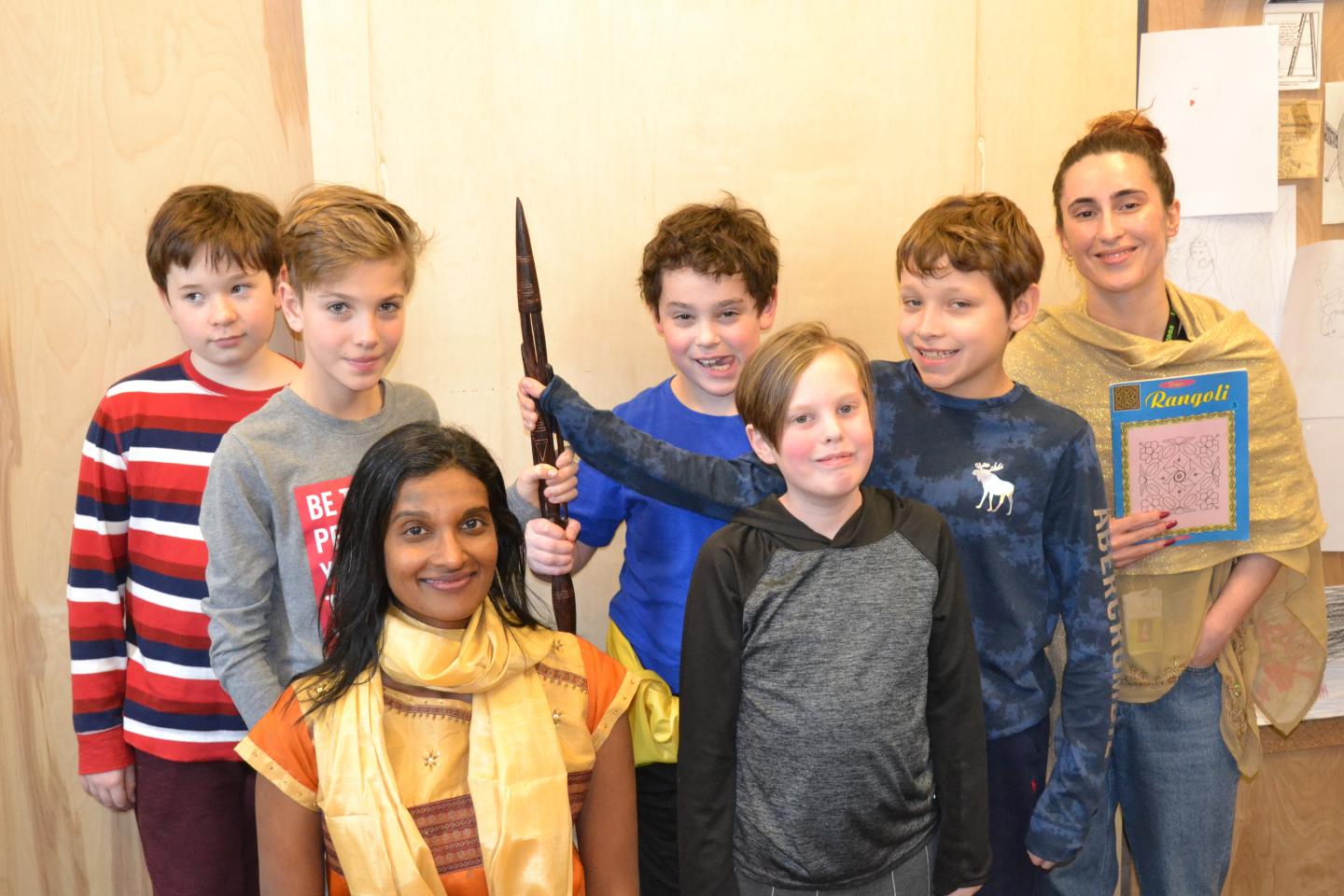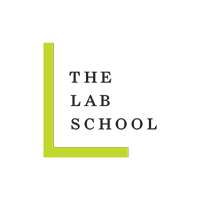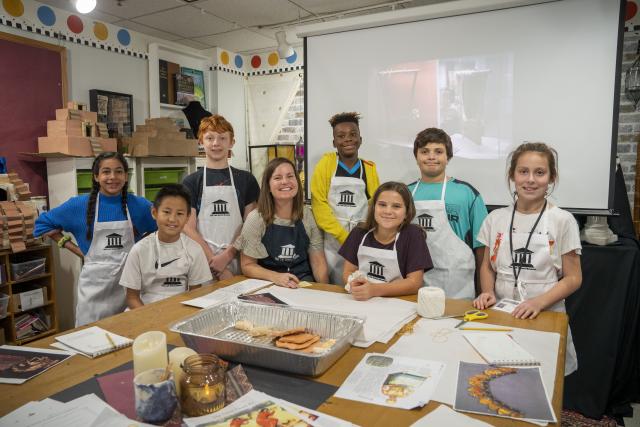

Noel Bicknell
Academic Club Coordinator
The Power of Play
Research on the importance of play has ebbed and flowed over the decades, but the same message seems to invariably rise to the top: Play is essential for brain development.
Play brings joy and is vital for problem solving, creativity, and relationships. Play allows children — and adults — to use their creativity while developing their imagination, dexterity, and physical, cognitive, and emotional strength. Play offers people a way to engage and interact in the world around them.
Lab School Founder Sally L. Smith understood the power of play. In 1967, she could not find a school that could help her youngest child. He had learning differences but teacher after teacher labeled him as lazy and below average; they thought he would never learn. But she was his mother and she knew better. Borrowing ideas from the 19th century philosopher, psychologist, and education reformer John Dewey who championed progressive education, Ms. Smith also figured out through themed birthday parties — long before they were an industry — that kids, even those like her son who had significant learning differences, could successfully learn through the arts. So she started her own school to help children with dyslexia, ADHD, and other learning differences.
“At the birthday parties, the kids were using drama, puppetry, drawing, crafts, rhythm, and movement to make sense of the things that fascinated them. They were organizing their world with all the art forms serving as effective learning tools,” she said. “I realized something that great philosophers thousands of years ago knew, that children’s play is, in fact, serious learning. Children’s play demands total involvement — body, mind, and soul. Involvement is the key. So, at the root of Lab’s Academic Club Method is total involvement.”
The Academic Clubs played — and continue to play — a large role in Lab’s ability to effectively teach young students with learning differences. The innovative Academic Club methodology is the backbone of the school’s Elementary and Intermediate curriculum. In themed spaces designed to foster student engagement, students occupy the roles of historic cultural leaders as they create hands-on projects that bring a compelling past world to life. Through these daily sessions, students engage in project-based exploration of history, literature, geography, science, archaeology, sociology, and visual and performing arts. The success of this small-group collaborative approach is remarkable and measurable. Rich language, big ideas, and authentic materials come together to make our Academic Clubs uniquely suited to unlocking the intellectual capacity of young students who learn differently.
“More than 50 years later, children continue to seek that feeling of belonging ... they naturally want to be included and experience successful learning,” says Head of Academic Clubs Noel Bicknell. “Academic Clubs — through adopting personas, creating dramatic frameworks, and simulating a compelling time and place — strive to create this very sense of student membership, ownership, and belonging.”
